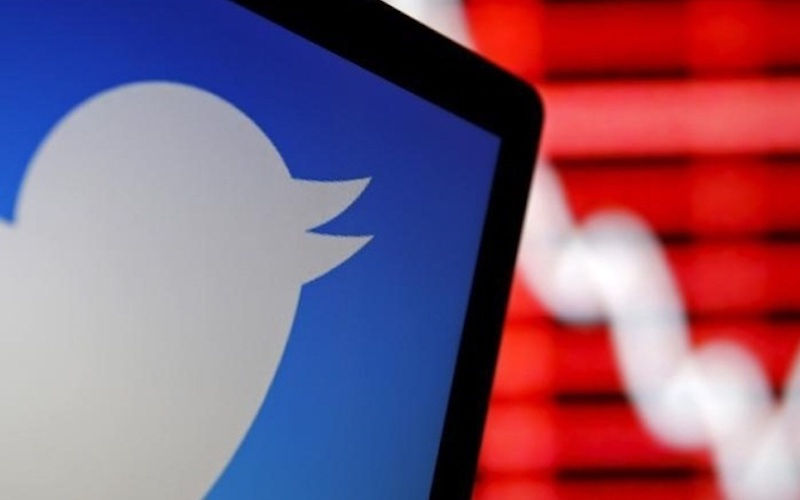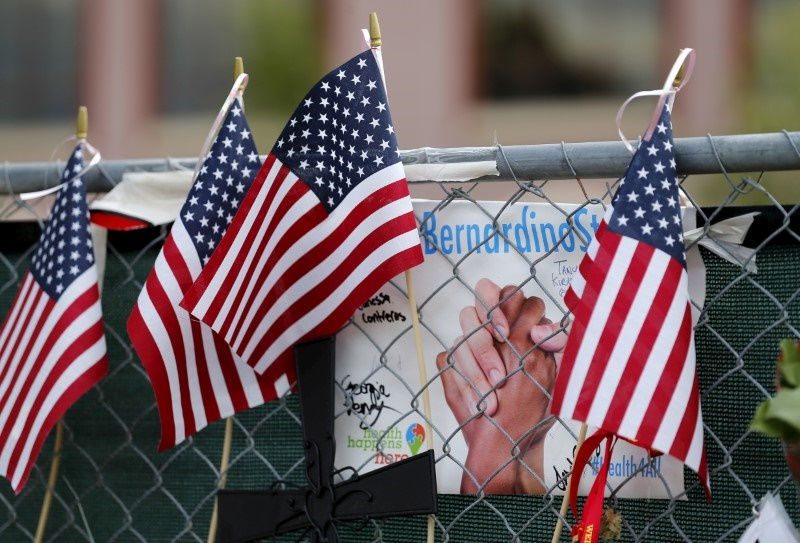Some WhatsApp users are increasingly receiving this message: “You received a message but your version of WhatsApp doesn’t support it. Update WhatsApp” on their app.
While there are different reasons why users are seeing this message on their WhatsApp, there is no official statement from Facebook, owners of WhatsApp why this is so.
Checks by TheNewsGuru.com (TNG) showed that one of the reasons for this is using a WhatsApp app that is not updated, even though users who have updated WhatsApp had faced a similar challenge.
As WhatsApp keeps releasing new features to its platform, those new features require that your own WhatsApp must be up to date before you can enjoy the features.
So, when a WhatsApp user with a higher version of WhatsApp sends you a message, your outdated WhatsApp may not be able to receive the message.
Also, there are users who make use of the unofficial versions of WhatsApp such as GBWhatsApp, OGWhatsApp and WhatsApp Plus. Some messages from these moded versions of WhatsApp may not be compatible.
Recall that WhatsApp in May 2019 started placing a temporary ban on accounts that use unofficial versions of the instant messaging app. WhatsApp stated that it doesn’t support these third-party apps because it can’t validate their security practices.
With that said, also know that the latest feature – WhatsApp Disappearing message also needs your app to be updated before it can use the feature. So, if you received a disappearing message, you are likely going to see the same message.
So, in order to resolve: “You received a message but your version of WhatsApp doesn’t support it. Update WhatsApp”, you may want to update your official WhatsApp app or if you are not using the official release, switch to official WhatsApp.
How to update WhatsApp
You can easily update WhatsApp from your phone’s application store. Please note if you received a message that isn’t supported by your version of WhatsApp, you’ll need to update WhatsApp. We encourage you to always use the latest version of WhatsApp. Latest versions contain the newest features and bug fixes.
Android
Go to the Google Play Store and search for WhatsApp. Tap Update next to WhatsApp Messenger.
iPhone
Go to the App Store and search for WhatsApp. Tap UPDATE next to WhatsApp Messenger.
KaiOS
Press JioStore or Store on the apps menu. Scroll to the side to select Social, then select WhatsApp. Press OK or SELECT > UPDATE.
How to switch to official WhatsApp app
You might need to backup your chat history before moving to the official WhatsApp app. The name of the unsupported app you’re using determines whether you need to transfer your chat history.
Locate the name of the app by tapping More Options > Settings > Help > App info.
Follow the steps below based on the name of the app: WhatsApp Plus or GB WhatsApp.
If you’re using an app other than WhatsApp Plus or GB WhatsApp, we recommend saving your chat history before downloading the official WhatsApp app.
GB WhatsApp
We recommend following the steps below to save and transfer your chat history. Failure to follow these steps could result in lost chat history.
Wait for your temporary ban to end. The timer will show you the length of the ban.
In GB WhatsApp, tap More options > Chats > Back up chats.
Goto Phone Settings > tap Storage > Files.
Find the folder GB WhatsApp and tap and hold to select it.
In the upper right corner tap More > Rename and rename the folder to “WhatsApp”.
Navigate to the Play Store and download the official WhatsApp app.
In WhatsApp, verify your phone number, and on the Backup found screen, tap Restore> Next.
WhatsApp should load with your existing chats.
WhatsApp Plus
For WhatsApp Plus, if your chat history was previously saved, it should automatically transfer to the official WhatsApp app.
Navigate to the Play Store and download the WhatsApp app. Verify your phone number, and that’s all.
While these will resolve the error message, the only challenge is that you may not be able to view the message even after your WhatsApp is updated. You may need to ask the sender to resend the message.
For questions, comments and any further assistance, drop a message using the comment section below.
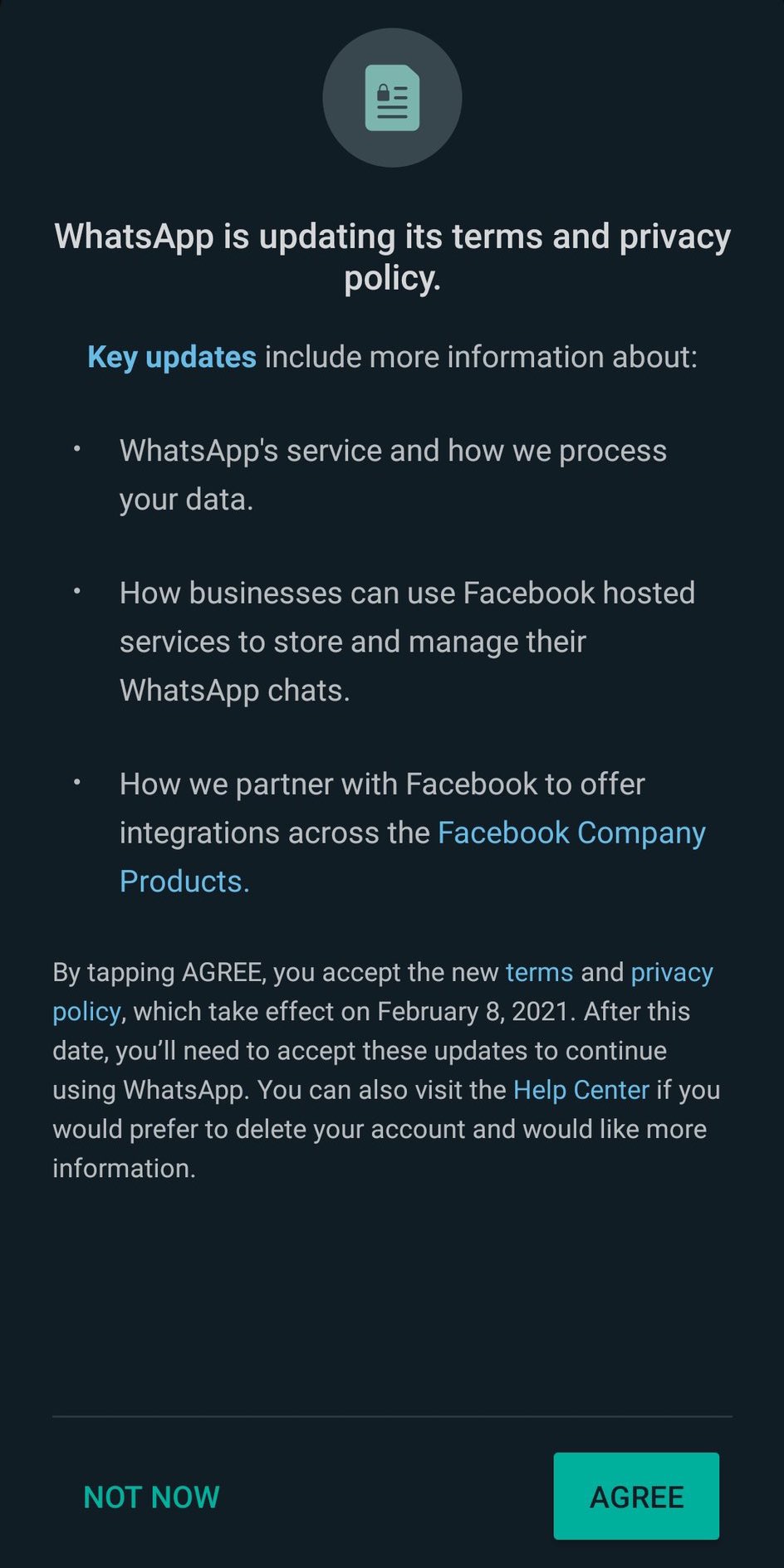
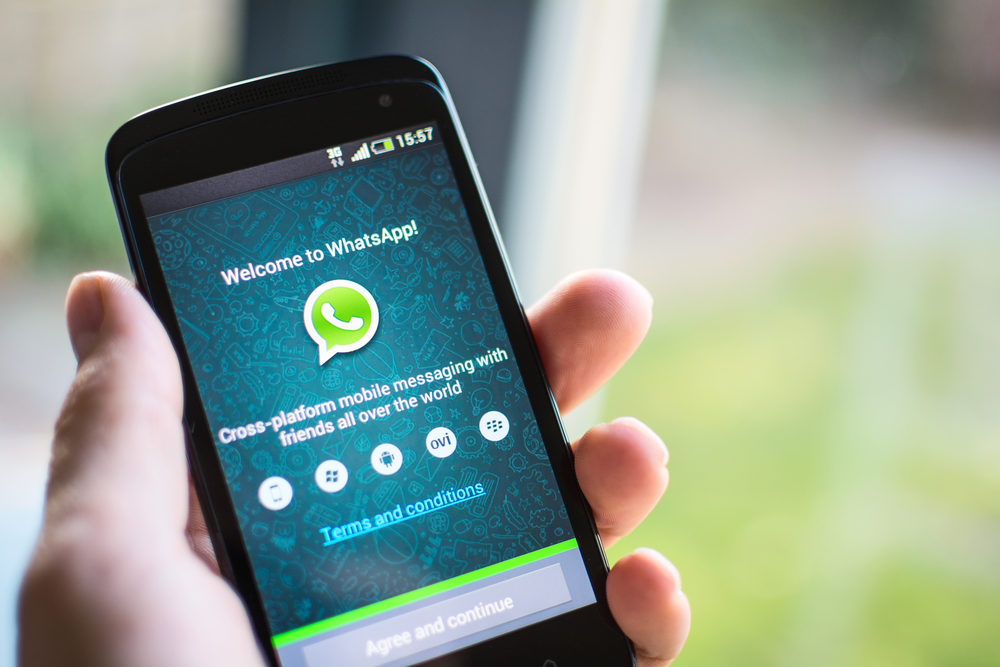
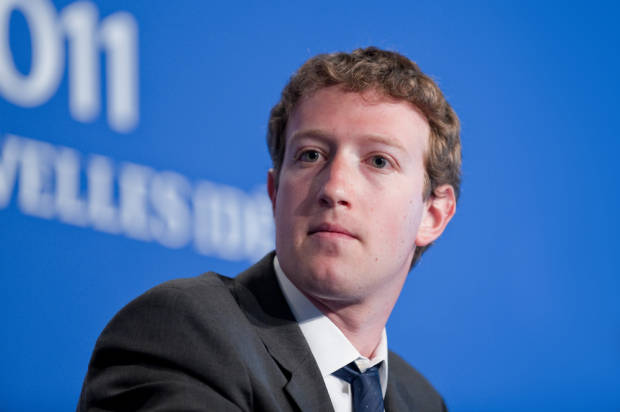
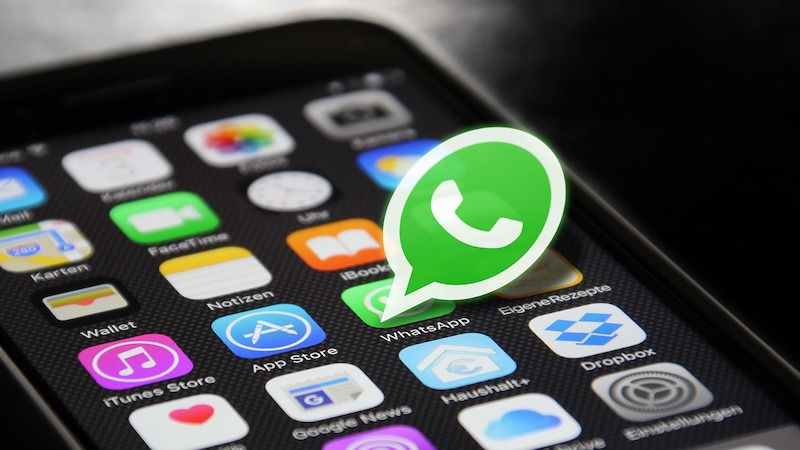
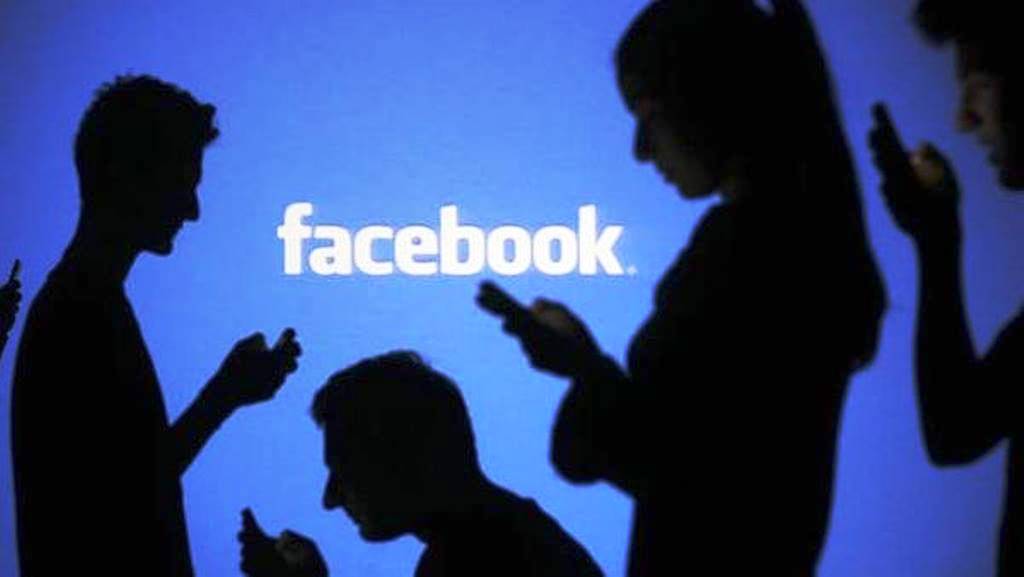
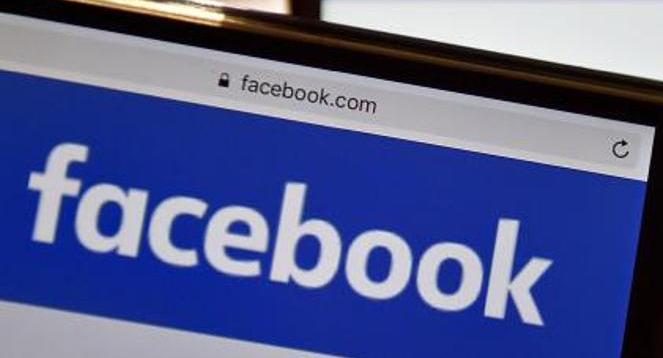

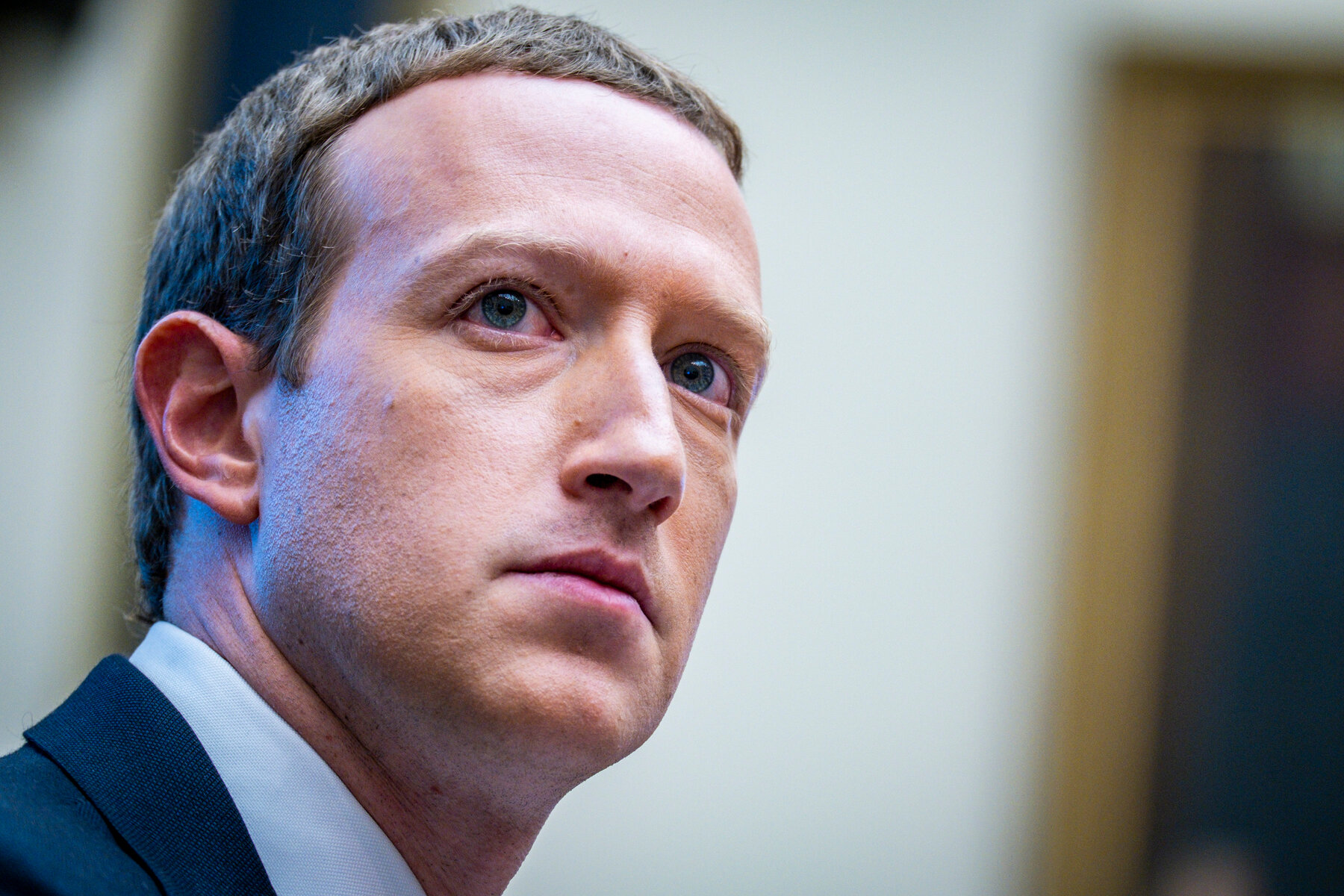 Facebook and Google could be obligated to pay news outlets for their content in “world first” legislation set to be introduced to Australia’s parliament on Wednesday.
Facebook and Google could be obligated to pay news outlets for their content in “world first” legislation set to be introduced to Australia’s parliament on Wednesday.